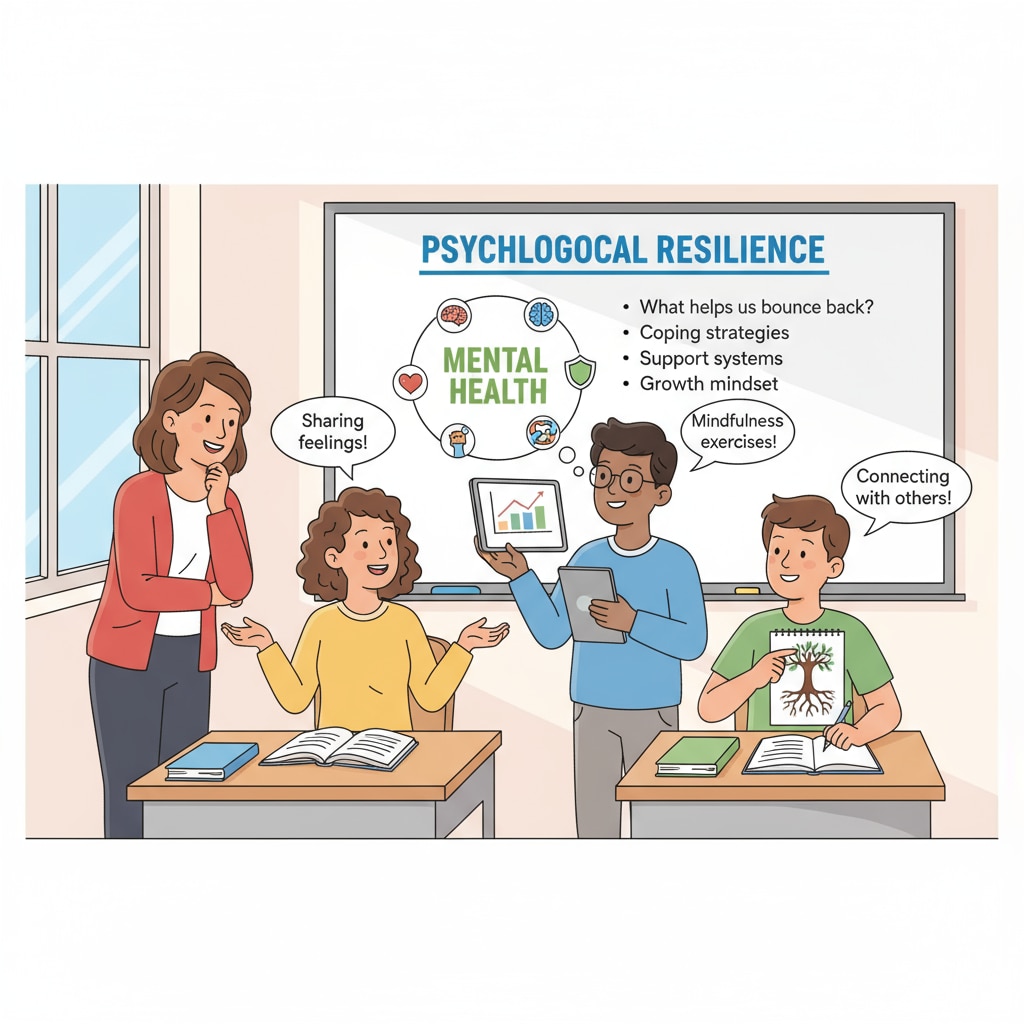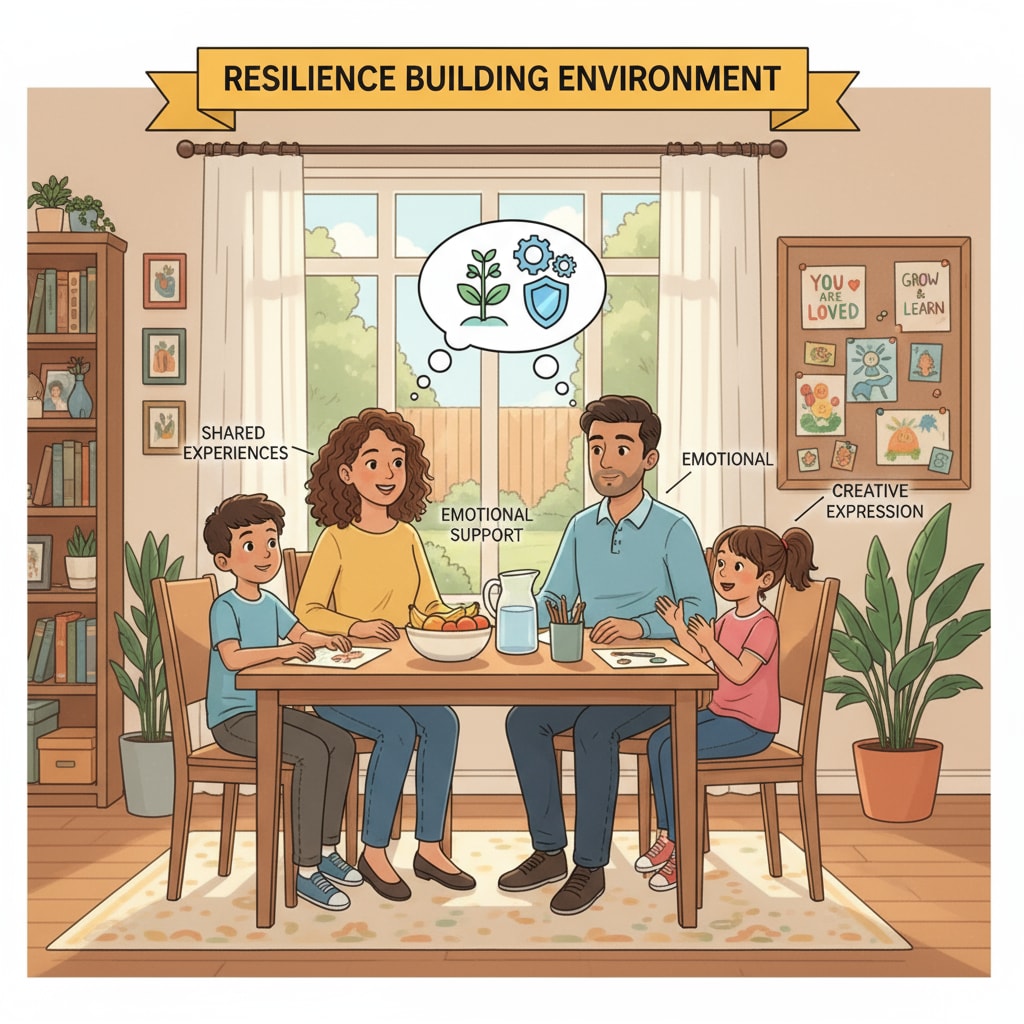In the realm of modern education, the concepts of psychological resilience, teacher burden, and home-school responsibilities are intertwined in a complex web. As students face an increasing number of challenges in their academic and personal lives, the question of who should shoulder the responsibility of cultivating their psychological resilience has become a topic of intense debate. This article aims to explore this issue and find a more harmonious balance between the roles of schools and families.

The Current State of Psychological Resilience Education
Currently, there is a growing trend of placing a significant portion of the responsibility for psychological resilience education on schools. As society becomes more aware of the importance of mental health in students, schools are expected to provide comprehensive programs to help students develop the ability to bounce back from setbacks. However, this has also led to an increased teacher burden. Teachers, who are already juggling multiple tasks such as curriculum delivery and student assessment, now have to incorporate resilience-building activities into their schedules. According to National Education Association, many educators feel overwhelmed by the additional responsibilities related to mental health education.
The Role of Families in Psychological Resilience
Families play an irreplaceable role in a student’s psychological development. The home environment, parental support, and family values all contribute to a child’s ability to develop resilience. For example, parents who provide a loving and stable home environment, encourage open communication, and model positive coping strategies are more likely to raise children with strong psychological resilience. However, in some cases, families may not be fully aware of their role in this aspect or may lack the resources and knowledge to effectively support their children’s mental health. This is where the collaboration between schools and families becomes crucial. American Psychological Association emphasizes the significance of parental involvement in children’s mental well-being.

To achieve a more balanced approach, schools and families should work together in a complementary manner. Schools can provide professional guidance and resources to families, such as workshops on parenting skills related to mental health. At the same time, families should actively participate in school activities and communicate regularly with teachers to stay informed about their children’s mental state. By sharing the responsibility, the burden on teachers can be alleviated, and students can receive more comprehensive support in developing psychological resilience.
Readability guidance: This article has used short paragraphs to clearly present different aspects of the issue. The lists and external links help to organize information and provide reliable references. Transition words like ‘however’ and ‘for example’ are used to enhance the flow of the article, making it easier for readers to understand the complex relationship between psychological resilience, teacher burden, and home-school responsibilities.


